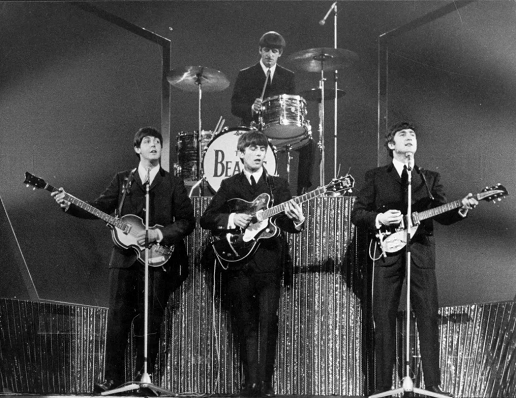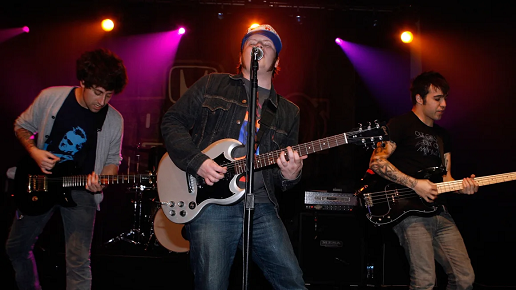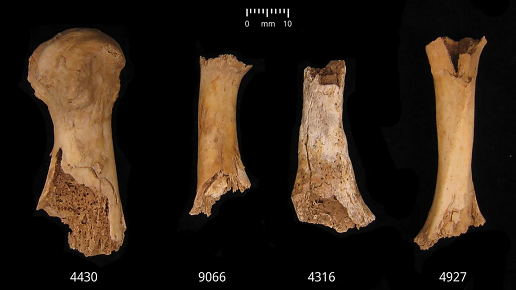Nostalgia for music from our youth is a shared experience across generations, deeply tied to how music influences our emotions and identity. Experts say this is not because music was objectively better when we were younger but due to its emotional power. Dr. Rita Aiello, a music psychologist at New York University, explains that music is a powerful trigger for memories. The emotional responses we had when first hearing songs in our formative years help solidify lifelong connections to that music.
Research supports that music preference peaks during late adolescence to early adulthood, with studies placing the age range between 17 and 23. Dr. Robert Cutietta from the University of Southern California highlights that these are the years when we form our identities, and the music we listen to becomes embedded in that process. He notes that the emotional attachments to music during these impressionable years make it harder to connect with new music as we age.. The Beatles, here playing at the London Palladium, shaped the musical tastes of youth in the 1960s, and for many pop music fans, the group's artistry has not been surpassed. Michael Webb/Hulton Archive/Getty Images
The Beatles, here playing at the London Palladium, shaped the musical tastes of youth in the 1960s, and for many pop music fans, the group's artistry has not been surpassed. Michael Webb/Hulton Archive/Getty Images
The combination of happy and sad memories tied to music can create a complex emotional experience when revisiting songs from the past. According to Aiello, hearing a song that once evoked sadness can bring a mix of emotions, leading to a sense of catharsis or enrichment. This explains why music from our youth holds such a powerful grip on us; it intertwines with personal experiences and milestones, making it a part of who we are.







